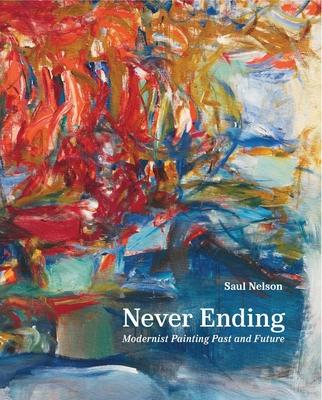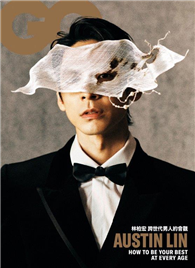A new history of postwar painting that explores how the desire to look backward shaped some of the period’s most radical artmaking
This incisive account of modernism’s postwar development examines how painters, such as Joan Mitchell, Barnett Newman, and Rose Piper, invoked tradition in order to respond to, participate in, and disrupt the histories of the movement being written at midcentury. Saul Nelson argues that artists’ turn to the past, often dismissed as regressive, offers an important counternarrative to the notion of modernism as always pushing forward. To be a modernist, Nelson contends, was to live in doubt--about which aspects of the past were still needed and how they might be put to new use. The story ranges across continents and historical boundaries, from India to Europe and the United States. It encompasses Grace Hartigan’s and Mitchell’s feminist reworkings of Matisse, the links between the work of Newman and nationalistic nineteenth-century painting, the attempts of Piper to salvage a heritage from the Harlem Renaissance, and F. N. Souza’s interrogations of the legacies of colonialism. Never Ending presents a new history of postwar painting in which modernism is reimagined as a practice of retrieval and reinvention, a ceaseless confrontation between tradition and the demands of the present.| FindBook |
有 1 項符合
Never Ending: Modernist Painting Past and Future的圖書 |
 |
Never Ending: Modernist Painting Past and Future 作者:Nelson 出版社:Yale University Press 出版日期:2024-04-02 語言:英文 規格:精裝 / 224頁 / 普通級/ 初版 |
| 圖書館借閱 |
| 國家圖書館 | 全國圖書書目資訊網 | 國立公共資訊圖書館 | 電子書服務平台 | MetaCat 跨館整合查詢 |
| 臺北市立圖書館 | 新北市立圖書館 | 基隆市公共圖書館 | 桃園市立圖書館 | 新竹縣公共圖書館 |
| 苗栗縣立圖書館 | 臺中市立圖書館 | 彰化縣公共圖書館 | 南投縣文化局 | 雲林縣公共圖書館 |
| 嘉義縣圖書館 | 臺南市立圖書館 | 高雄市立圖書館 | 屏東縣公共圖書館 | 宜蘭縣公共圖書館 |
| 花蓮縣文化局 | 臺東縣文化處 |
|
|
圖書介紹 - 資料來源:博客來 評分:
圖書名稱:Never Ending: Modernist Painting Past and Future
|











